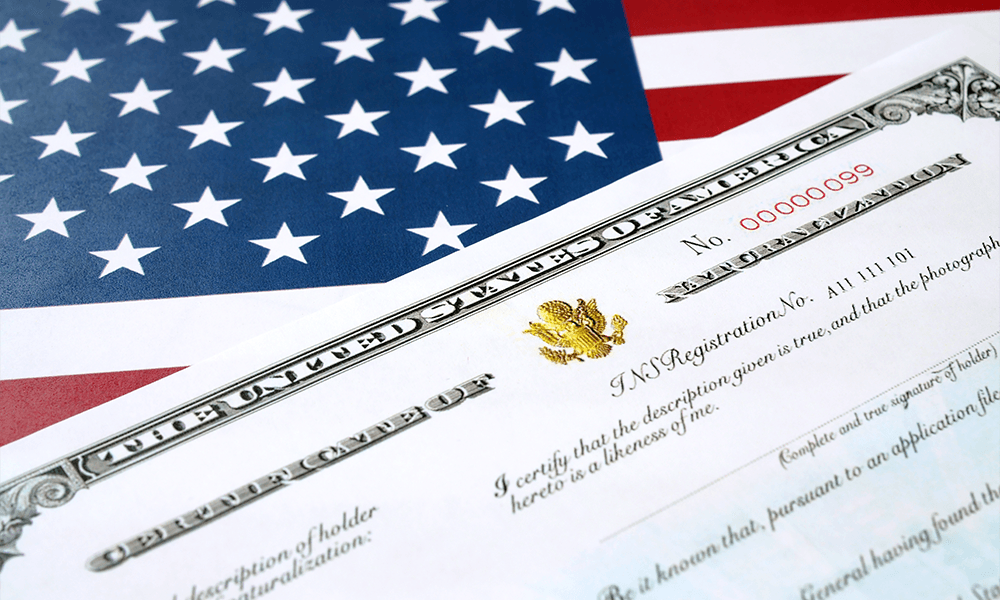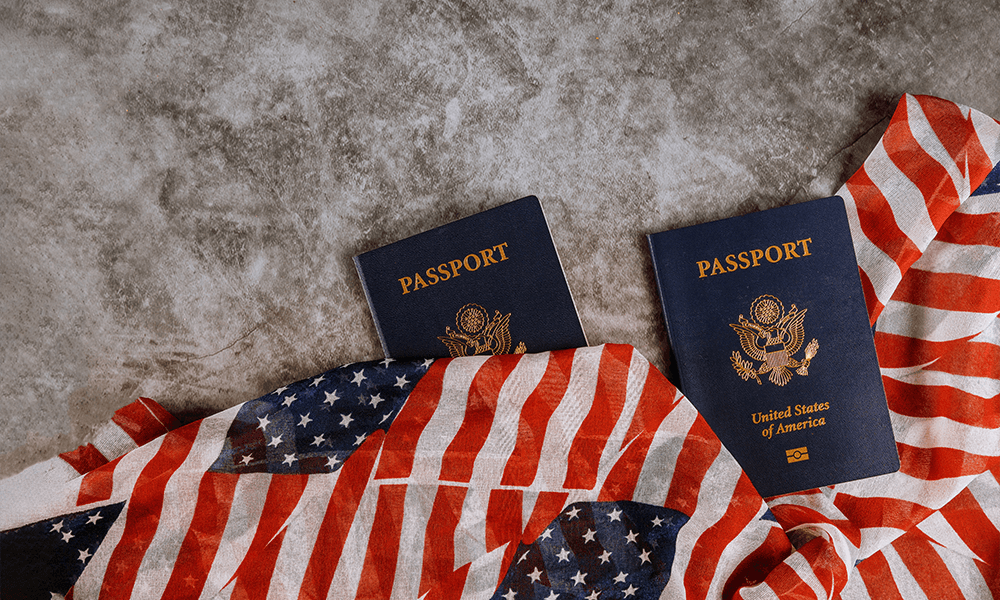What to do if you are denied US citizenship?
Were you denied US citizenship? At Quiroga Law Office, PLLC, we know that becoming a US citizen is one of the most crucial steps in the life of an immigrant. Read carefully what to do if you have been denied citizenship.
Naturalization is when a person born outside the United States becomes a US citizen.
To apply for citizenship, the eligibility requirements related to age, residence, physical presence, good moral character, knowledge of English in United States History, loyalty to the country and its Constitution, among others, must be met.
Failure to meet any of these requirements results in a rejection of the application. If this happens and you believe that USCIS was wrong to do so, you can request a hearing with an officer.
When you are notified of the denial of your request, the denial letter explains how to request the hearing. You must fill out the form and pay the established fee within 30 days after you are notified.
Seek the advice of an immigration attorney before beginning your process. Remember that you have little time to appeal. Only a professional will determine the best way to proceed and the steps to follow in your particular case.
Also, verify that your rejection is not due to one of the following reasons.
10 reasons for citizenship applications denial
One of the key strategies to avoid application rejection is to be prepared. Knowing why you were denied citizenship can help you best deal with the situation.
These are the 10 reasons for American citizenship applications denial:
- Failing the English test.
- Failing the civics test (US History and Government).
- Issues with your criminal history.
- Failure to meet the requirements for continuous residence and physical presence.
- Do not file taxes.
- Failure to provide financial support to dependents (order of support).
- Lying or committing fraud before USCIS.
- Failure to register for selective military service (if applicable).
- Divorcing before completing 3 years of residence.
- Not having resided the required 3 months in the place at the time you submitted the application.
Also read: When can citizens lose their U.S. Citizenship?
What felonies prevent from obtaining American citizenship?
Committing some felonies in the United States can have migratory consequences, as well as legal and judicial.
Although not all felonies affect the process of obtaining American citizenship, some of them seriously affect eligibility for naturalization.
In general, an infraction or misdemeanor does not affect the application for US citizenship.
What can make it difficult for naturalization is not reporting that misdemeanor on the application. Omitting that information is lying to the federal government and can have serious consequences. You must inform your background when applying.
These are some felonies that do affect a citizenship application:
- Crimes of moral depravity, including fraud, rape, forgery, misrepresentation, and deception.
- Prostitution, pornography.
- Possession of more than 30 grams of marijuana.
- Spend more than 180 days in jail.
- Crimes related to illegal drugs.
- Convictions of two or more crimes equivalent to a 5-year sentence.
- Some felonies related to illegal gambling.
Additionally, murder and an aggravated felony, such as those involving firearms, drugs, rape, or tax evasion of more than $ 10,000, among others, will permanently bar a person from becoming a citizen.
How many times can you apply for American citizenship?
In most cases, a person who has been rejected for US citizenship can reapply easily. There is no limit to the number of times you can apply for naturalization.
However, you will have to start the naturalization process again. It means a new application for naturalization and its corresponding cost. The biometric data and photographs must also be taken again.
The denial letter indicates the date you can reapply for citizenship.
If the denial was for failing the English or civics test, USCIS will reschedule it within 60 to 90 days.
Remember that the advice of an immigration lawyer is essential for your process to be successful.
At Quiroga Law Office, PLLC, we are willing to help you. Contact us. Our team of lawyers will take care of your case and will be with you throughout the process.
Request a consultation or call us, (509) 498-3485.



